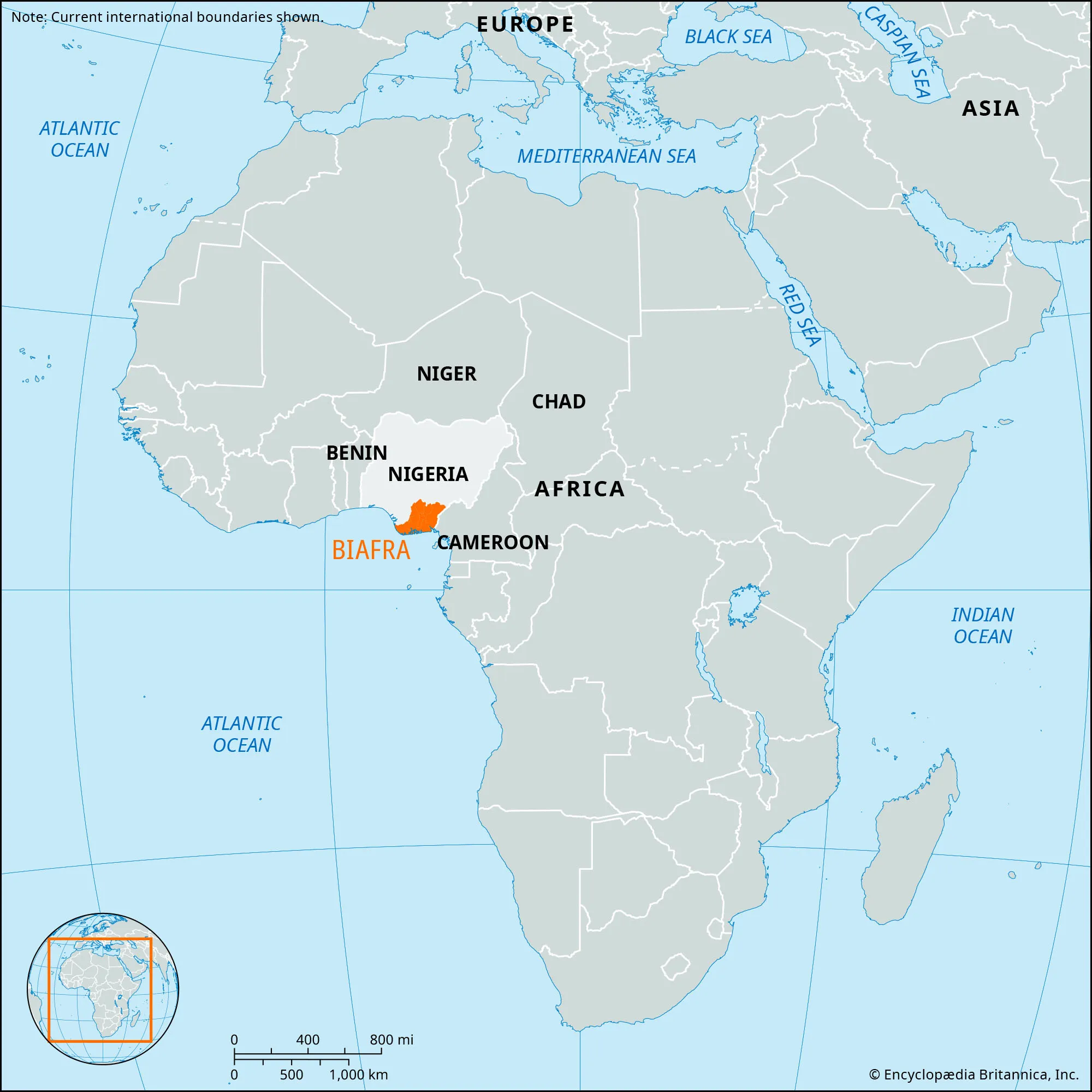Biafra Secession Movement gains momentum

19 November 2024
The Biafra secession movement in Nigeria has been greatly energized by Donald Trump’s victory in the US presidential election. Biafra separatists advocate an independent ethno-state for the Igbo people of Nigeria. The territory of Biafra, consisting of several states in Nigeria’s south, was actually an independent state for a very brief period between 1967 and 1970. Despite military support from Portugal, South Africa and Rhodesia, Biafran forces had to surrender to the Nigerian army in January 1970, and the Igbo people lost their independence.
The Igbo, a nation of 35 million people, make up only 15% of Nigeria’s total population of 230 million, but they constitute the overwhelming majority of the population of the southern states which formerly constituted Biafra and which they claim to be their rightful homeland. What is interesting about the Igbo people is that they are one of the two most Christianized ethnic groups in Nigeria (with the other being the Ijaw people inhabiting the Niger Delta). While the vast majority of the Igbo and Ijaw people are Christians, the rest of Nigeria’s population is around 60% Muslim.
One of the leaders of the Indigenous People of Biafra (IPOB) movement, Nnamdi Kanu, who is currently being detained by the Nigerian government, has now written a letter to President-elect Donald Trump urging him to support Biafra’s push for independence. He appeals to Trump’s post-Brexit statement made back in 2016 that “self-determination is the sacred right of all free people.” Kanu regrets not being able to reach Trump during his first term in office, but believes that the Igbo people has “a second chance now” that Trump has been re-elected.
Whether Trump will respond to the IPOB leader’s letter remains to be seen, but the increased media attention for the Biafra secession movement following Trump’s re-election is encouraging. It is the hope of the Pactum Institute and our members that this momentum can continue and generate increased support and attention not only for the plight of the Igbo people but for other ethno-secessionist movements around the world.